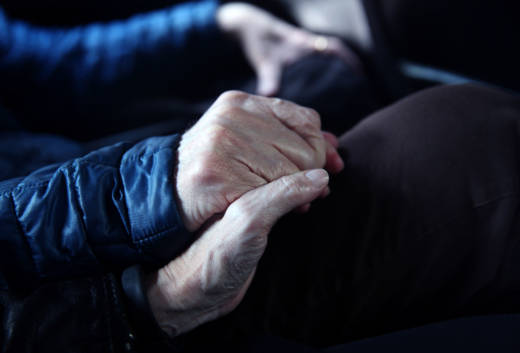An appeals court has let stand a lower court ruling overturning a California law that allows physicians to prescribe life-ending drugs to the terminally ill.
California's 4th District Court of Appeal on Wednesday refused to stay last week's decision by Riverside County Superior Court, which ruled that state lawmakers should not have passed the law during a special session on health care funding. However, the constitutionality of the law itself — passed nearly three years ago — was not challenged.
California Attorney General Xavier Becerra had sought to block the earlier ruling in order to allow terminally ill people to access life-ending drugs while the issue works its way through the courts.
Rejecting the Superior Court's rationale for tossing out the law, Becerra argued that the health care funding session was "broadly germane" to the assisted suicide measure and therefore its passage was constitutional, according to the Sacramento Bee.
California is one of seven states, along with the District of Columbia, that has enacted legal protections for assisted suicide, covering about one-fifth of the U.S. population.

9(MDAxOTAwOTE4MDEyMTkxMDAzNjczZDljZA004))